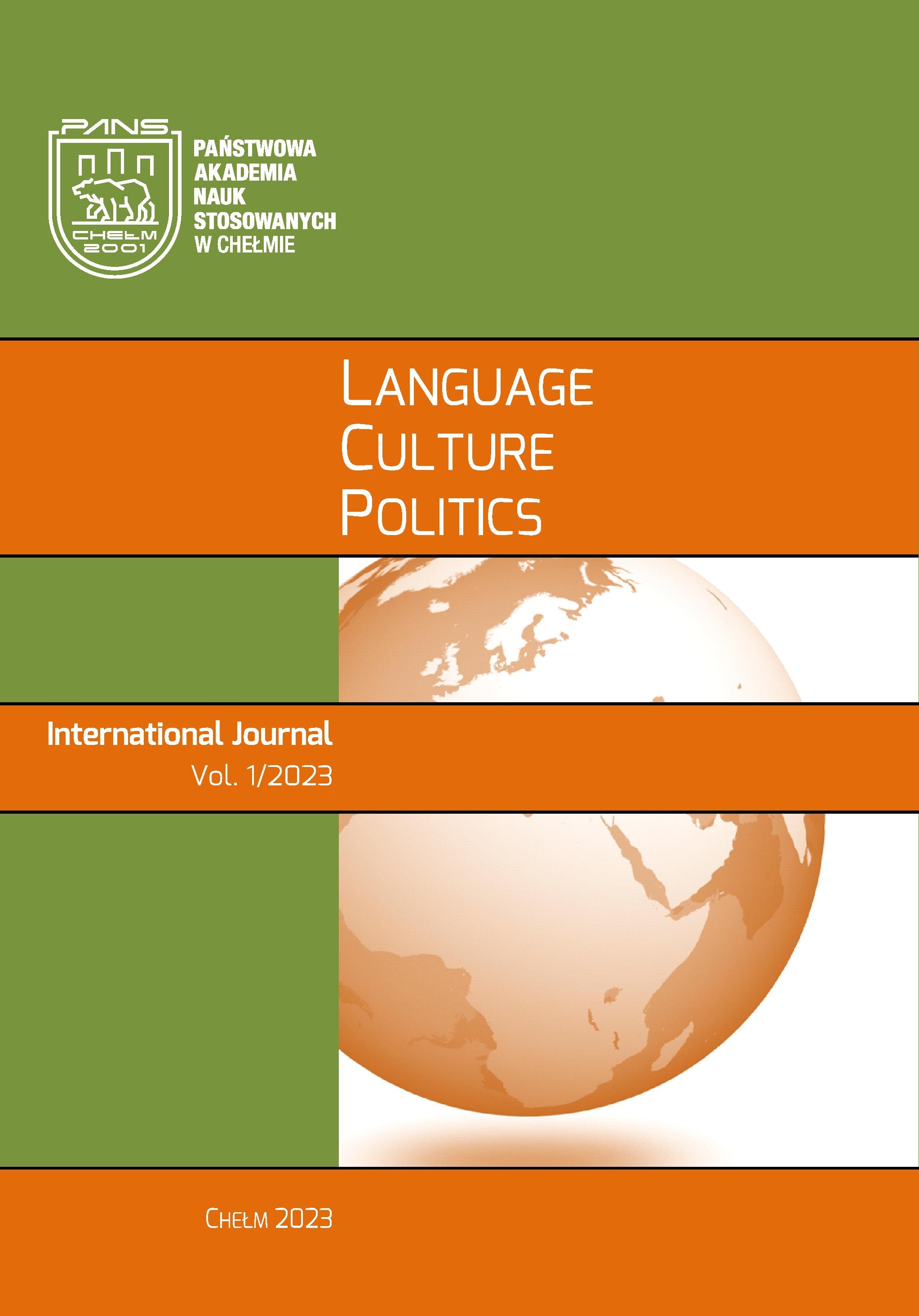Ludzie, władza, legitymizacja a ryzyko nadużycia: dyskusja
DOI:
https://doi.org/10.54515/lcp.2023.1.149-167Słowa kluczowe:
zimna wojna, konstruktywizm, Jan Paweł II, legitymizacja, wolnośćAbstrakt
Celem artykułu jest przedstawienie relacji między władzą a obywatelami. Autorka stara się odpowiedzieć na pytanie, w jaki sposób państwo wspiera osoby, które zakładają rodziny, w realizacji ich celów życiowych.
Artykuł odnosi się do personalizmu chrześcijańskiego Jana Pana II ujętego w książce Miłość i odpowiedzialność, która może być wskazówką dla rządzących w zakresie dążenia do partycypacji obywateli w procesach decyzyjnych realizowanych na poziomie krajowym i międzynarodowym. Czynny udział obywateli w tychże procesach jest bowiem podstawą rozwiniętego oraz aktywnego społeczeństwa i wpływa na jakość systemu demokratycznego.
Bibliografia
Baaz, M.E., Stern, M. (2009). “Why Do Soldiers Rape? Masculinity, Violence, and Sexuality in the Armed Forces in the Congo (DRC)”. In: International Studies Quarterly, vol. 53, no. 2.
Checkel, J. (1998). “The Constructivist Turn in International Relations Theory”. In: World Politics, vol. 50, no. 2.
Common law. www.law.cornell.edu/wex/common_law, 02.05.2023.
Crimes against humanity - welcome to the United Nations. www.un.org/en/genocideprevention/crimes-against-humanity.shtml, 02.05.2023.
Diec, J. (2022). “The Understanding of Human Rights in the Neo-Eurasianist Doctrine”. In: Politeja, vol. 18. no 2 (71).
Helsinki final act. OSCE. (1975). www.osce.org/helsinki-final-act, 02.05.2023.
Human Rights. www.un.org/en/global-issues/human-rights, 02.05.2023.
Kearney, M.S., & Levine, P.B. (2022). Half a million fewer children? the coming covid baby bust. www.brookings.edu/research/half-a-million-fewer-children-the-coming-covid-baby-bust/, 02.05.2023.
Locke, J. (2004). Second treatise of government. Barnes & Noble Books.
Migration and Home Affairs. www.ec.europa.eu/home-affairs/pages/glossary/fundamental-rights_en, 02.05.2023.
Mortensen, N. J. (2017). The common good: An introduction to personalism. Vernon Press.
Plamenatz, J. (1963). Man and society. Longman.
Rotberg, R.I. (2002). „Failed states in a World of Terror”. In: Foreign Affairs, no. 81(4).
Runa, D. (2009). "Critical Social Constructivism: "Culturing" Identity, (In) Security, And the State in International Relations Theory". In: The Indian Journal of Political Science, vol. 70, no. 4.
Sharhrbanou, T., Anuradha, Ch. (2007). Human Security. Taylor & Francis.
Waltz, K. (1990). “Realist Thought and Neorealist Theory”. In: Journal of International Affairs, vol. 44, no. 1.
Waltz, K. (2000). “Structural Realism after the Cold War”. In: International Security, no. 25(1).
Wendt, A (1995). “Construction International Politics”. In: International Security, vol. 20, no. 1.
Wendt, A (1999). Social Theory of International Politics. Cambridge University Press.
Wendt, A. (1994). “Collective Identity Formation and the International State”. In: American Political Science Review, vol. 88, no. 2.
Wojtyla, Karol. Paul, J. (2013). Love and responsibility. Pauline Books & Media.











